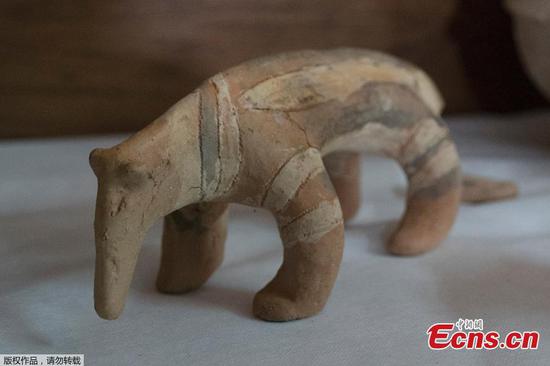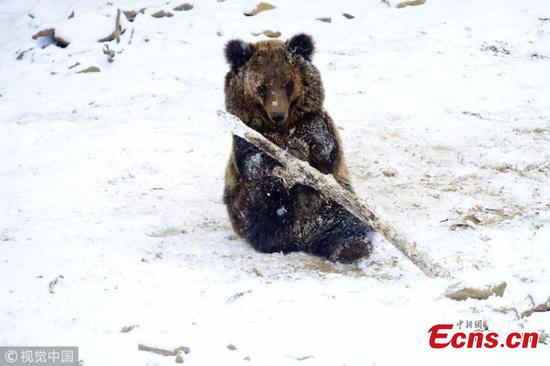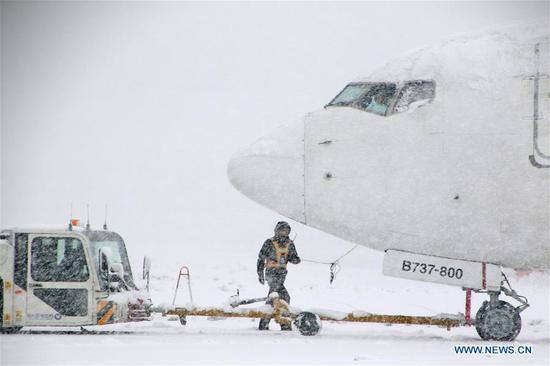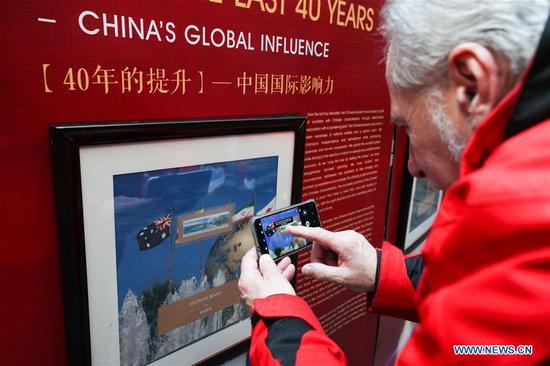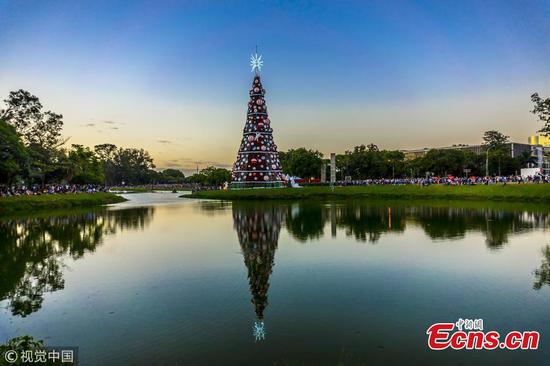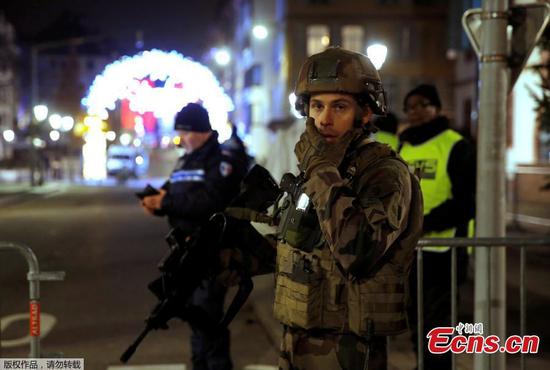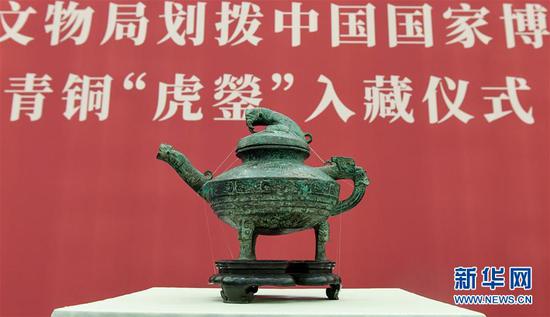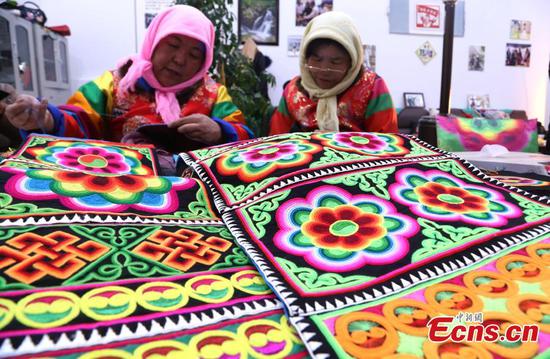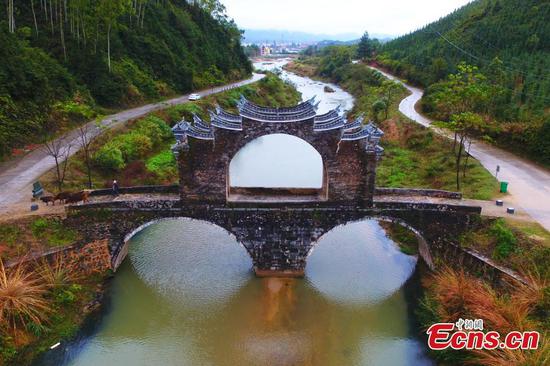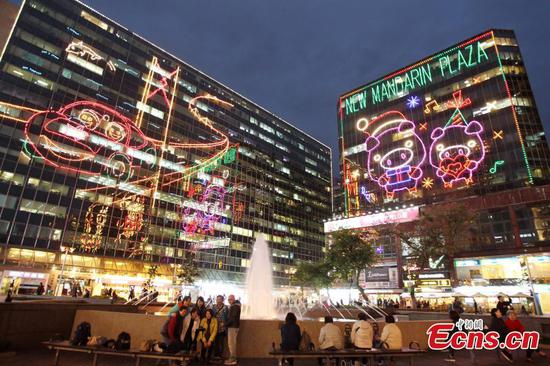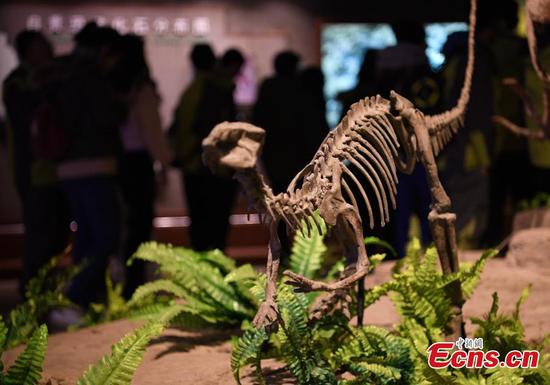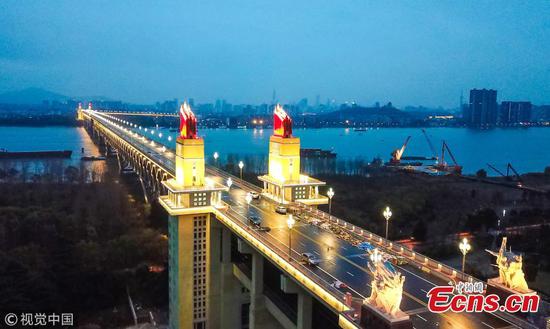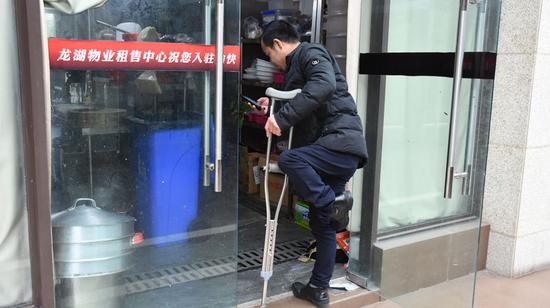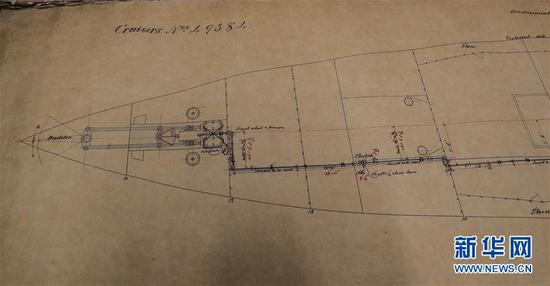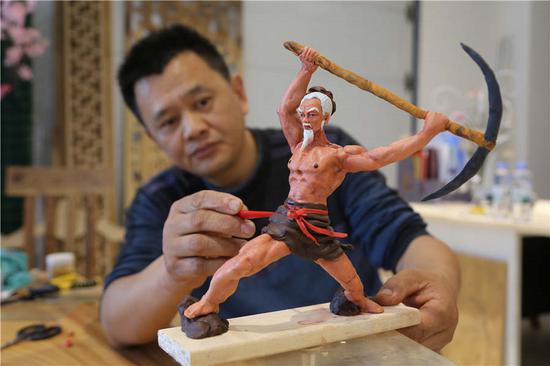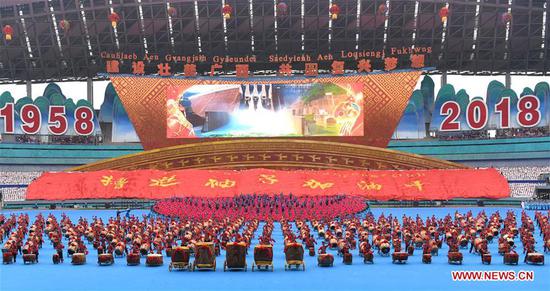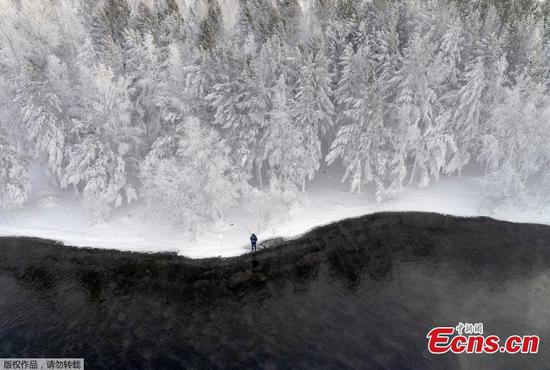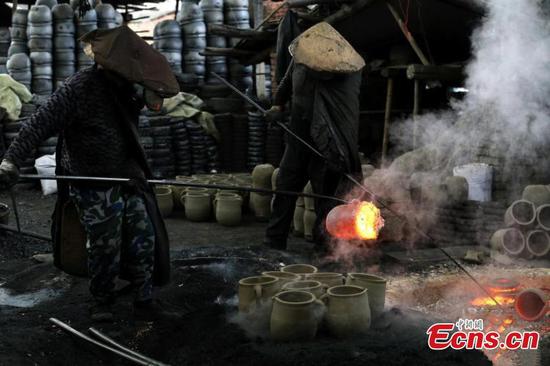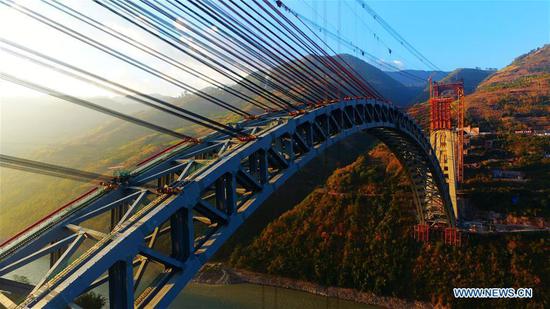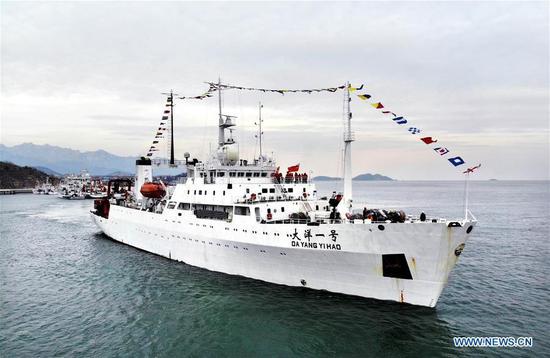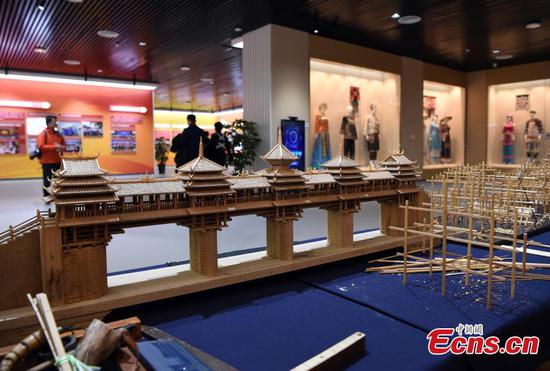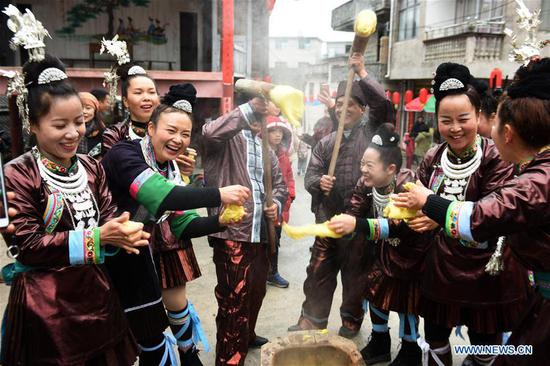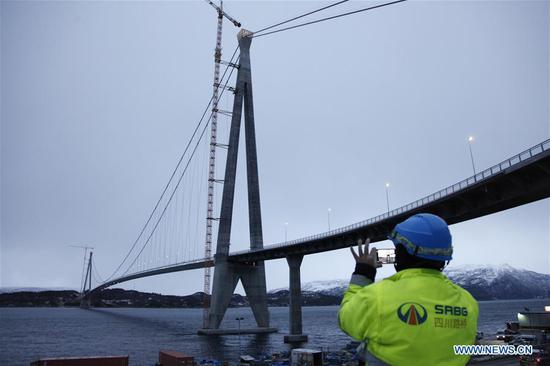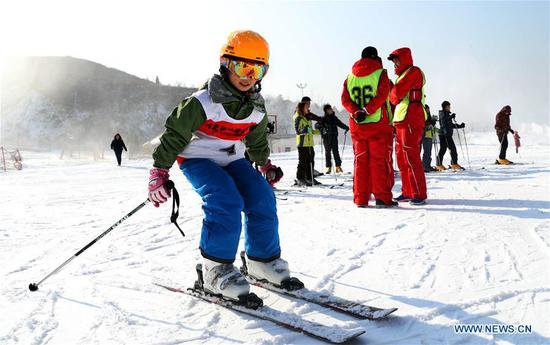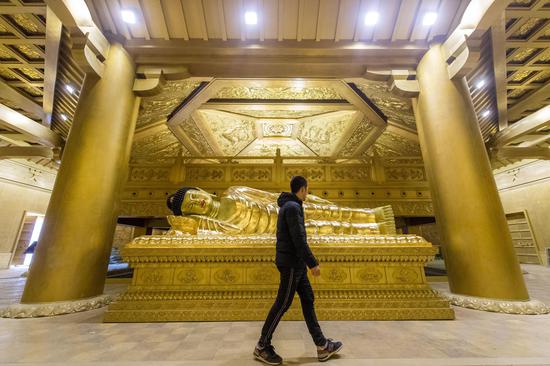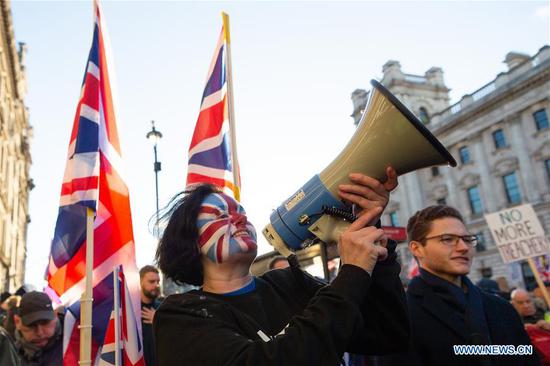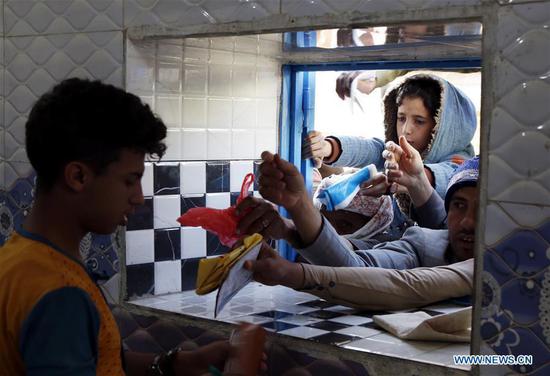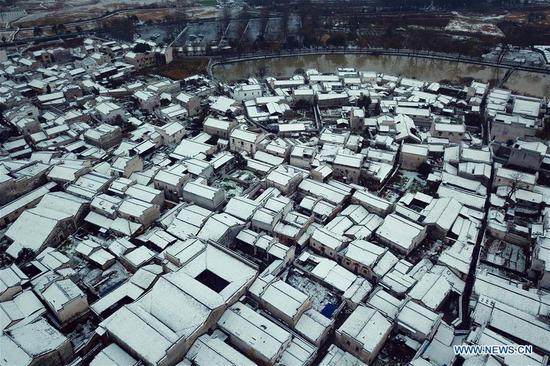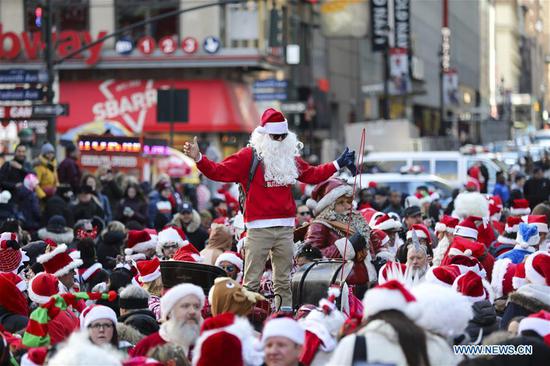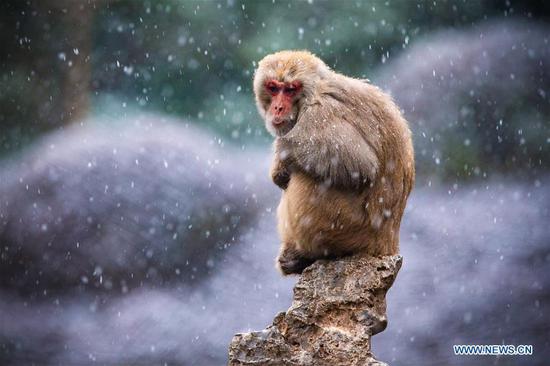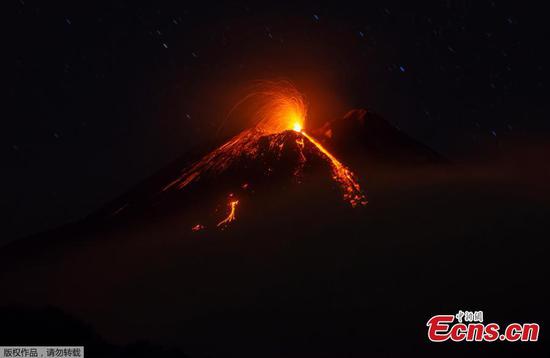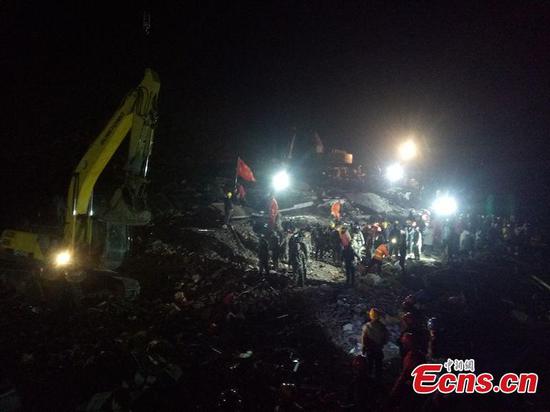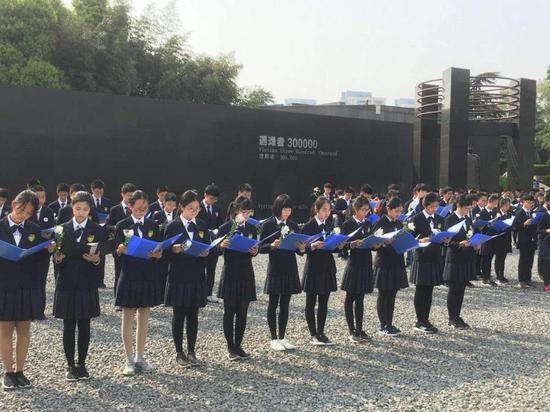
Tomb Sweeping Day approaches, many Nanjing residents, soldiers and people from other cities came to the Memorial Hall of the Victims in the Nanjing Massacre by Japanese Invaders to pay tribute to the 300,000 victims in Nanjing, East China's Jiangsu Province, April 3, 2018. (Photo by Cang Wei and Guo Jun/chinadaily.com.cn)
December 13 marks China's fifth National Memorial Day for Nanjing Massacre Victims, a day to mourn more than 300,000 Chinese who lost their lives at the hands of Japanese invaders 81 years ago.
As we all know, the Nanjing Massacre is an indelible massacre in the modern history of China. However, after the war, there were always some people on the Japanese side who denied the existence of the Nanjing Massacre and played down their historical responsibility.
The existence of massacre survivors is the most powerful refutation of this small group of bold words and deeds.
Zhao Jinhua and Chen Guangshun, two survivors of the Nanjing Massacre, passed away in early December of this year, according to the official Weibo account of the Memorial Hall of the Victims of the Nanjing Massacre.
As the National Memorial Day approaches for the victims of the Nanjing Massacre, the two elderly people remind us of the bloody events that took place 81 years ago in the then capital of Nanjing.
The witnesses of history
So far this year, 20 survivors of the Nanjing Massacre have left us.
Chen Guangshun, a survivor of the 1924 Nanjing Massacre, left us early on December 3 at the age of 94.
According to Xinhua's report, during the Spring Festival of 1938, when Chen Guangshun was only 14 years old, he witnessed villagers being shot dead by the Japanese army with guns.
Although he escaped from the massacre, Chen wanted to reveal the truth of what he had witnessed, and in 2005 he went to Japan to participate in an event in which he revealed the atrocities committed by the Japanese army.
Unfortunately, Zhao Jinhua, a Nanjing Massacre survivor of Chen Guangshun's age, passed away in the early hours of December 2.
According to her description, Zhao Jinhua was a child when the invading Japanese army occupied Nanjing and witnessed the brutal killing of her family members by the Japanese army. Later, Zhao Jinhua cut her hair and pretended to be a boy, then, she fled with her mother to other places and survived.
Survivors of the Nanjing Massacre are living witnesses to this period of history. As time goes by, fewer and fewer survivors are still alive. According to statistics, the number of registered survivors of the Nanjing Massacre is less than 100, Xinhua reported.
From the memory of the people
The Chinese People's War of Resistance Against Japanese Aggression was an anti-aggression war with national liberation as the highest interest in Chinese history, which belongs to the memory of the whole nation. The state retains its national memory through museums, while civil society groups and individuals collect a large amount of data to show the memory.
According to China news, a Chinese journalist asked passersby on a New York street if they remembered the Nanjing Massacre, and many foreigners said yes.
To safeguard international justice and peace, more and more foreign people have joined the ranks defending the historical memory of the Nanjing Massacre. The archives of the Nanjing Massacre are listed in UNESCO's Memory of the World program.
On December 6, 2018, ahead of the fifth National Memorial Day for Nanjing Massacre Victims, the wish wall for peace of "National Memorial Day for Nanjing Massacre Victims in 2018" appeared in several subway stations in Nanjing, and citizens wrote down their wishes for peace.
Today, history has passed, the smoke of war has left us. For young people, the memory of war does not exist too deep. However, this does not mean that people can quickly forget this history.
To remember history is like to set up a mirror, which is needed at any time by those who attempt to overturn history and those who yearn for peace.
From this perspective, the National Memorial Day for Nanjing Massacre Victims is the Chinese people's memory and the memory of their compatriots and is the culmination of the historical values of the Chinese people.
It is also a precious heritage that the Chinese people are preserving for the world and a dignified way for the Chinese people to get along with the international community.









